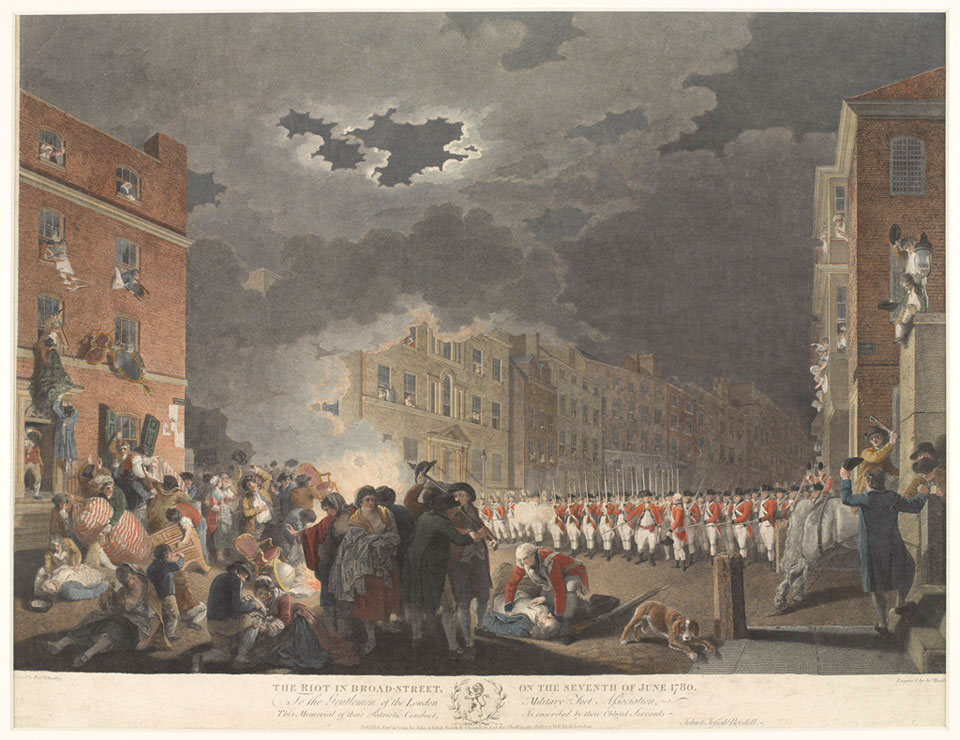Why Begin Anew?
January 2, 2019
If you hate New Year’s resolutions, blame the Babylonians. Allegedly, they are the ones who got us started on this whole season of self-reflection and renewal 4,000 years ago, although their resolutions took place in mid-March and focused on making promises to pagan gods, returning borrowed items to regular humans, and paying off debts. The Romans made promises to Janus, the namesake of January and the god of beginnings, gates, transitions, time, duality, and any other liminal threshold you might be able to conjure. A two-faced god, Janus is often illustrated as looking both to the future and the past.
And in the year 2019, on social media I observe friends and acquaintances select words and phrases as verbal talismans, intentions for abundance, trust, positivity, and less bullshit. Some of our mantras may see us through the year; others will likely last a day or two before we realize we may need to pick another approach or word or year.
One friend emphasized her desire to choose joy always, and part of me wonders if the “always” part is necessary or feasible. In the caption, she mentions, staying away from “depressing shows and political stuff,” and I marvel at the 21st-century privilege of turning away from news that pulls at one’s heartstrings and ethics. What kind of joy is it when fueled by looking away from that which causes discomfort? The late Ursula K. LeGuin’s 1973 short story, “The Ones Who Walk Away From Omelas,” gets at the paradox of choosing a social contract that explicitly hurts another. It is a short story that bears re-reading as we consider our own roles in Omelas.
Or, imagine this, maybe our existing framework is just fine. There are a few sage and sassy souls who remind us through the forest of shiny self-improvement that whatever we did to get through this last revolution around the sun was enough. Self-improvement, while noble, does not magically commence on January 1 every year.
Every day, quite frankly, has the chance to be a new day. These old souls who choose the status quo seem to know that only eight percent of us really achieve those New Year’s goals anyway. There is blissful ownership in knowing that making goals simply because everyone else appears to be making goals is a form of oppression too (not to mention a delightful opening for weight-loss companies, fitness-machine makers, anyone who has the motive to profit off of collective insecurity and unhappiness, to go in for the buy-me, buy-me-now! kill).
It is funny, then, when articles this time of year lament at just how bad we mere mortals are at goal-setting versus appreciating, perhaps, we need not make the goals at all.
So, in 2019, I aimed low, nope even lower, for my humble life goal: savor the good. Or, as the Buddhists say, let beauty in. It is so easy to focus on what is missing, problematic, and hard, but the beauty of this approach is one does not wish away suffering, pain, or longing, but rather situates oneself amidst the muck and still notices birdsong, a katydid, or the way my almost two-year-old daughter admires the moon and excitedly says the name of the thing she now knows the word for.





